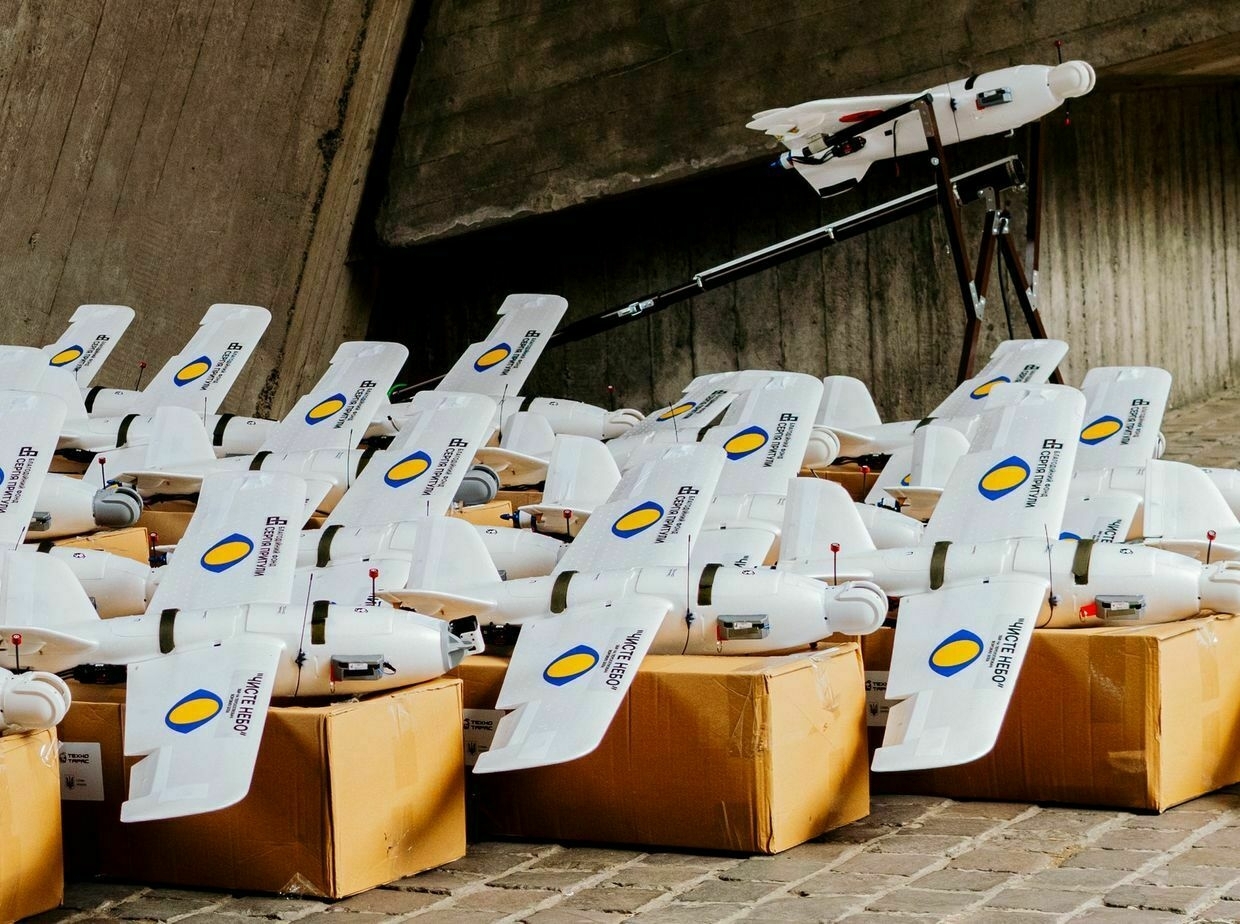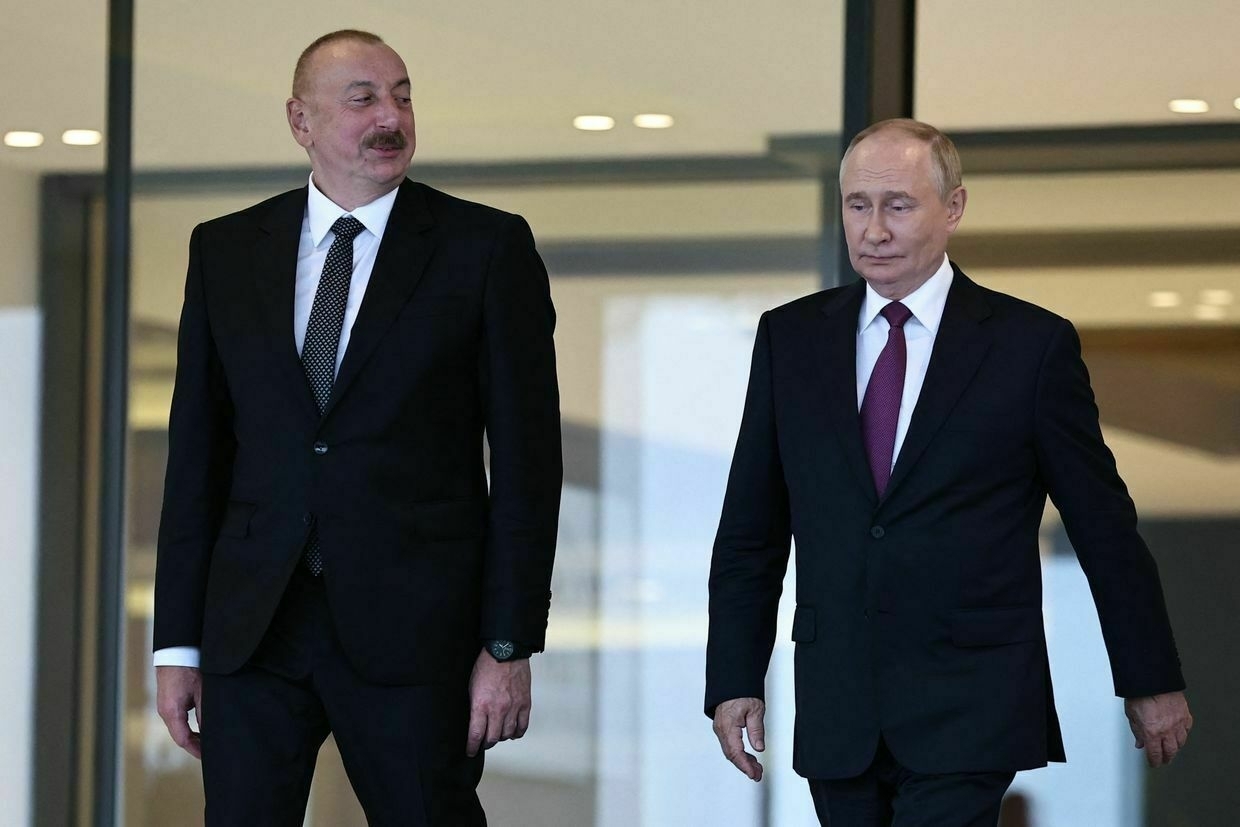
Deaths in custody, media offices raided, and beaten and bloodied suspects paraded in court — relations between Russia and Azerbaijan, once considered close, have sharply deteriorated in recent days amid a series of high-profile incidents.
The latest tensions erupted over the weekend when Russian law enforcement officers detained over 50 Azerbaijani nationals in Yekaterinburg, Russia, as part of an investigation into a murder case from 2001.
Two men — brothers Ziyaddin and Huseyn Safarov — were killed during the operation, and several others were injured.
The incident prompted a sharp response from Baku.
On June 28, Azerbaijan’s Foreign Ministry released a statement describing the killings as “ethnically motivated public and deliberate unlawful actions,” adding that Russia’s actions have “recently taken on a systematic nature."
The incident is just the latest development in a years-long reshaping of the geopolitical landscape in the South Caucasus. Azerbaijan, Armenia, and Georgia were all Soviet republics, and Russia still views the region as its own backyard.
But Russia’s hold and influence over them has been challenged, a process which began before the full-scale invasion of Ukraine and has continued to pick up speed in the following nearly three and a half years.
Moscow’s relationship with Baku has been particularly complex. Vadim Dubnov, a columnist for Radio Free Europe/Radio Liberty’s Echo of the Caucasus project, told the Kyiv Independent that the latest confrontation is part of a broader and long-running shift in the bilateral relationship.
“The deterioration of relations was systemic,” he said.

Russia’s decreasing clout
Before 2020, Russia’s closest ally in the region was Armenia, which had been locked in a decades-long, on-off conflict with Azerbaijan over the disputed region of Nagorno-Karabakh.
But after Russian “peacekeepers” failed to act in either the Second Karabakh War in 2020 or the Azerbaijani lightning offensive in 2023, both of which saw Azerbaijan reclaim its lost territory, this relationship soured greatly.
“Armenia has realized that its only security guarantee is not Russia but peace with its neighbors,” Dubnov said.
Buoyed by its military success, Azerbaijan has been seeking to reassert influence over the region and redefine its relationship with Moscow.
“After the Karabakh war, I think (Azerbaijan President Ilham) Aliyev may have believed that he had obtained everything he could from Moscow,” Dubnov said.
Armenia, which has lambasted Moscow for failing to help it during the Nagorno-Karabakh conflict, was now drifting closer to the West.
Armenian Prime Minister Nikol Pashinyan has suspended the country’s membership in a Russian-led Collective Security Treaty Organisation (CSTO) military alliance and announced plans to join the European Union. Recently, there has also been a crackdown on the pro-Russian opposition in Armenia.
As Russia is losing its grip over Armenia and Azerbaijan, the only country in the region where its influence remains strong is Georgia.
Dubnov said that Russia’s position in the South Caucasus is weaker now, and Turkey, an ally of Azerbaijan, has emerged as a major regional player.
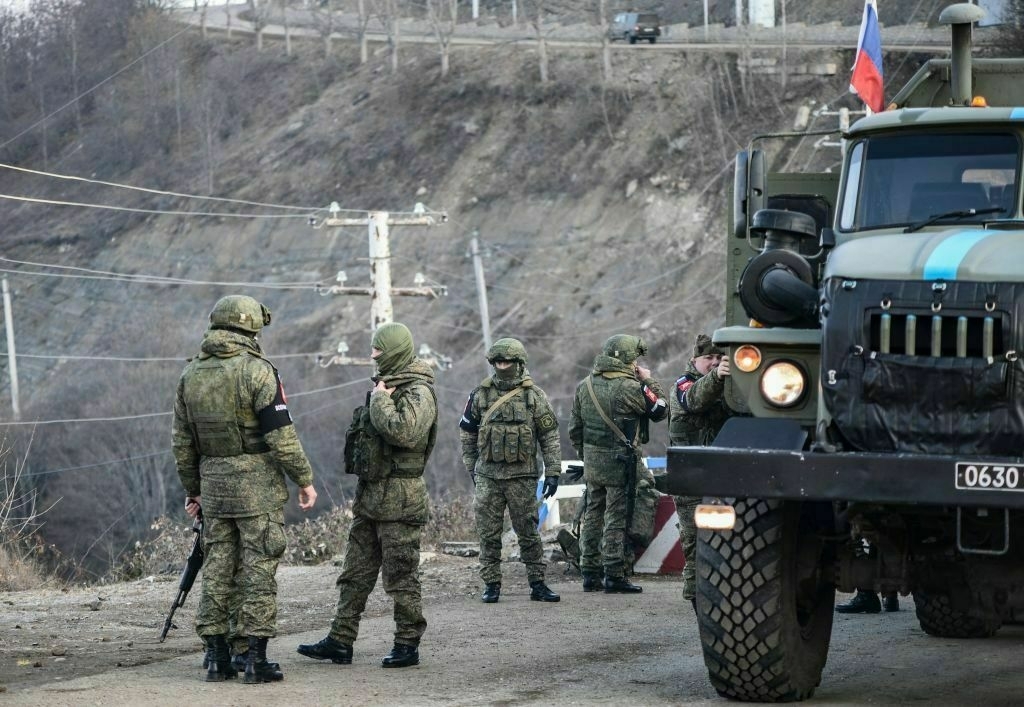
Russia-Azerbaijan tensions
While recent incidents have brought tensions into the open, analysts say the rupture reflects a longer, structural shift in Azerbaijan’s foreign policy.
Dubnov described the shift as “systemic and inevitable,” pointing to a gradual breakdown since Russia’s annexation of Crimea in 2014 and the beginning of its war in eastern Ukraine.
“Azerbaijan was quite seriously concerned about its northern borders and the possibility of Moscow’s influence on national minorities,” Dubnov said.
Dubnov said Baku’s moves should not be seen purely as a pivot away from Moscow, but as an effort to restore geopolitical balance.
“Aliyev began to improve relations with the West, especially after (U.S. President Donald) Trump returned to the White House, and to restore this balance,” he said.
“So, it’s not so much about worsening relations with Russia or moving away from Russia, but about restoring that balance. And now there is simply a greater distance between the two."
But as this distance increases, it’s presenting itself in ever more dramatic fashion in what appears to be a series of tit-for-tat actions.
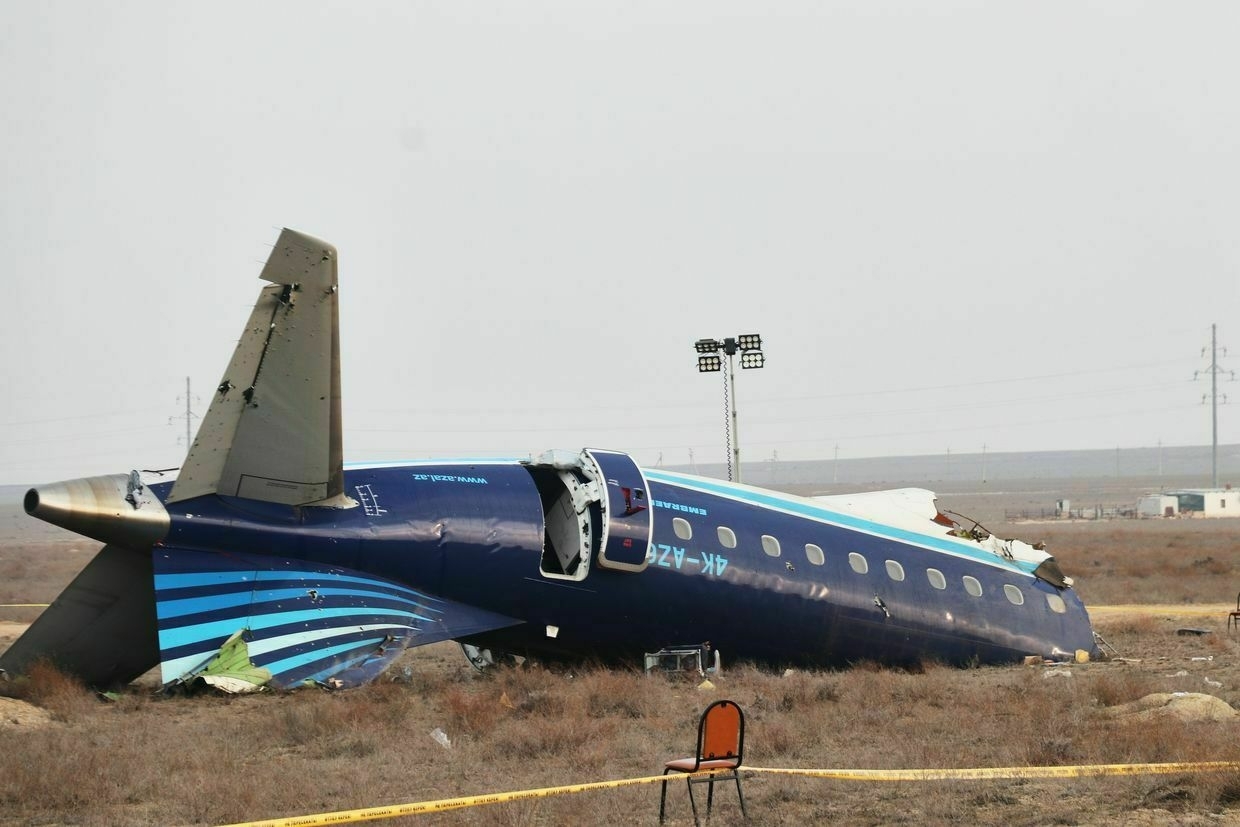
Crash of AZAL airliner
The current deterioration goes back further than just this weekend and has its roots in a tragedy late last year when a Russian air defense system shot down an Azerbaijani passenger plane.
The aircraft en route from Baku to Grozny in Russia’s Chechen Republic suddenly changed course and crashed near Aktau, Kazakhstan, on Dec. 25, 2024, killing 38 people out of 67 on board.
While Russian President Vladimir Putin called Aliyev shortly after the incident to offer condolences, he did not take responsibility for the crash.
Aliyev later criticized Russia’s handling of the incident, accusing its agencies of suppressing evidence and spreading “absurd versions” of what happened.
Dubnov noted that while the incident was not the origin of the diplomatic rupture, it served as a catalyst.
“The story with the plane was not the primary issue,” he said. “It was not the beginning of the quarrel, but rather an opportunity for Baku to start, legalize, and formalize this quarrel."
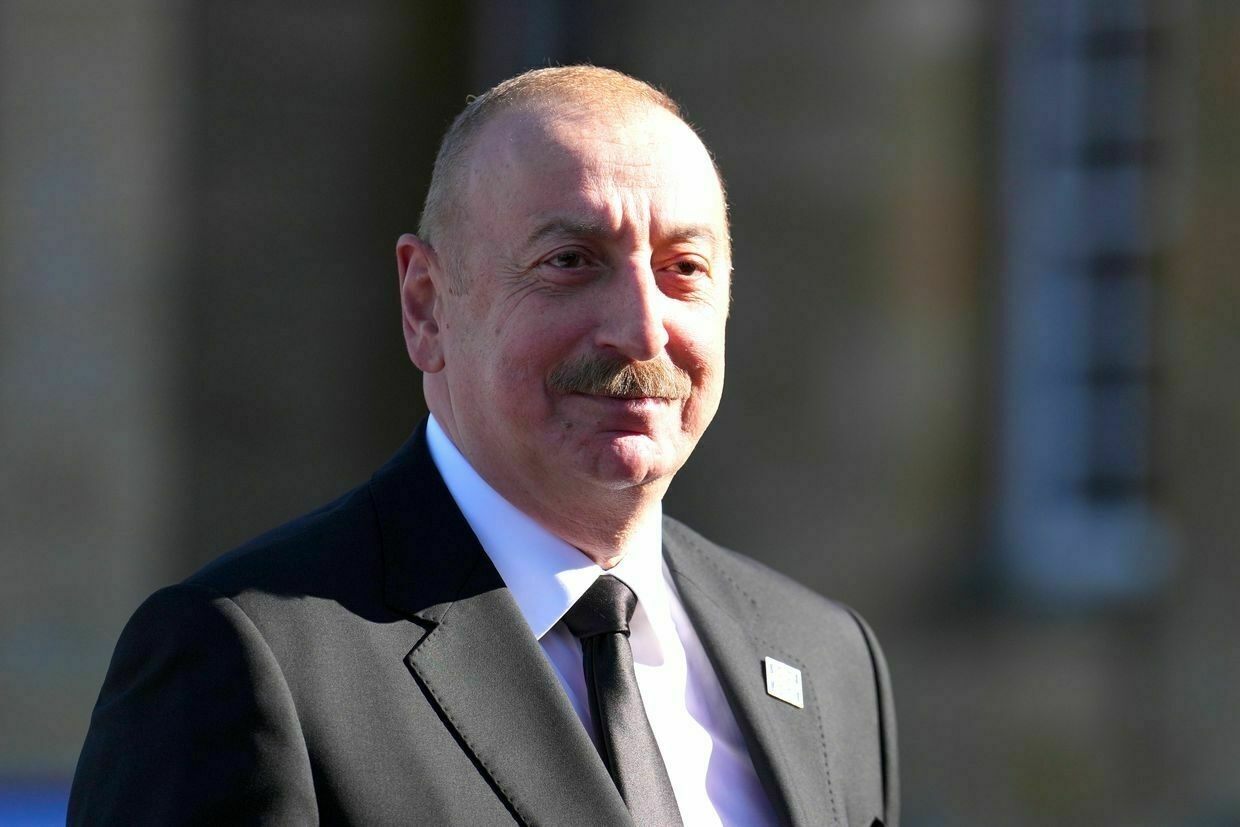
Aliyev’s Moscow parade trip
The fallout from the plane crash spilled over into symbolic diplomacy.
In March, both Russian and Azerbaijan confirmed that Aliyev had accepted an invitation to attend Russia’s May 9 Victory Day parade in Moscow — a significant gesture, as he had last attended in 2015.
But just days before the event, Aliyev abruptly canceled his trip without explanation.
Dubnov said the decision sent a clear message.
“I think that after Aliyev didn’t come to Moscow on May 9, it became clear that there would be no apology for the downed plane,” he said.
“No one expected a direct apology. What everyone was really waiting for was a form of compromise that could substitute for one."
Dubnov added that Aliyev’s no-show served as a signal to Moscow that “no improvement in relations was coming — at least not publicly."
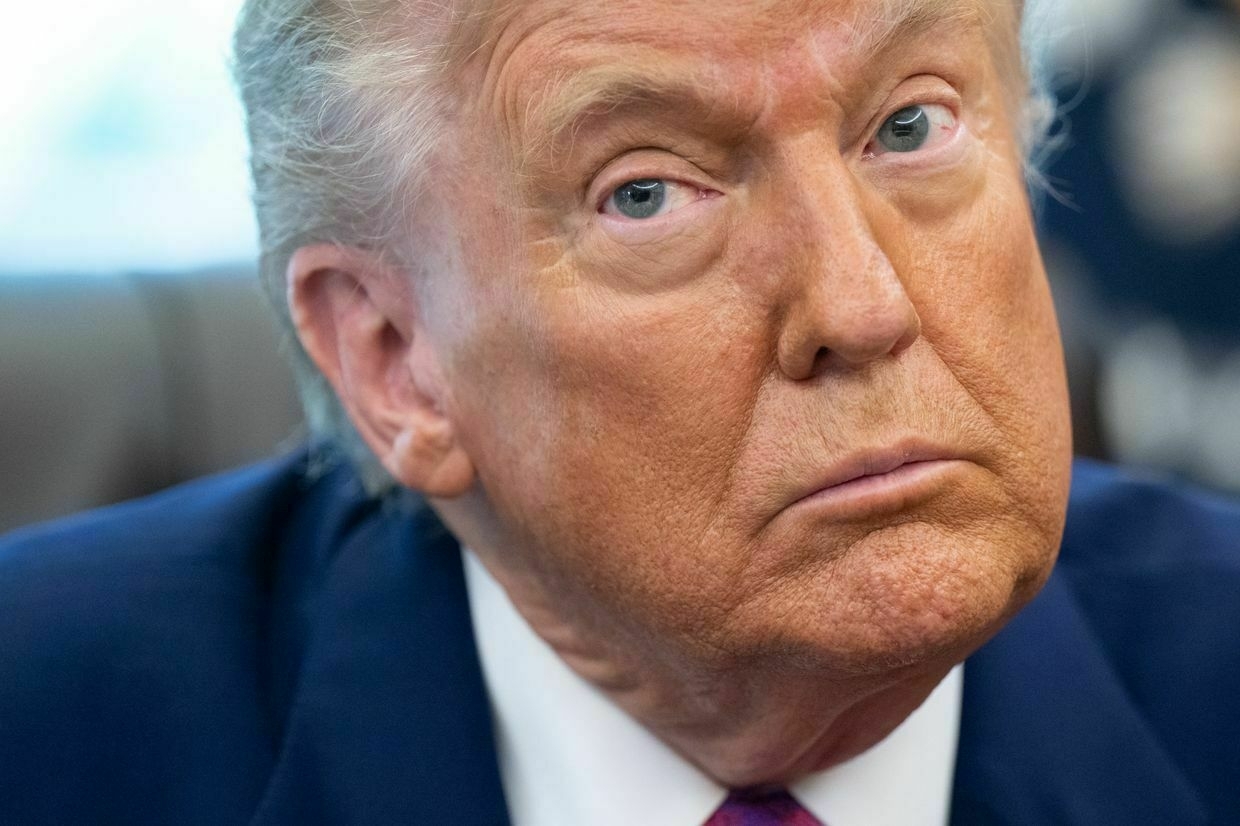
The current situation
Tension has simmered since May 9 and erupted in recent days with the deaths in Yekaterinburg over the weekend, with Azerbaijan’s reaction going well beyond just official statements.
The government canceled all Russian-organized events scheduled to take place across Azerbaijan. A planned visit by a parliamentary delegation to Moscow was also suspended.
The diplomatic rupture escalated further on June 30, when Azerbaijani police raided the Baku offices of Sputnik Azerbaijan, a Russian state-controlled media outlet that operates as one of the Kremlin’s main propaganda tools.
Several employees were detained, with Azerbaijani authorities claiming two of the individuals arrested were operatives of Russia’s Federal Security Service (FSB).
Among the detainees were Sputnik Azerbaijan’s chief editor, Igor Kartavykh, and managing editor, Yevgeniy Belousov. In response, the outlet called the allegations “absurd."
Russia retaliated by summoning Azerbaijani Ambassador Rahman Mustafayev to the Foreign Ministry on July 1, where he was informed of Moscow’s formal protest over Baku’s “unfriendly steps and deliberate measures to dismantle relations with Moscow."
A day later, Azerbaijan arrested eight Russian citizens described as “members of two organized crime groups” accused of cybercrimes and smuggling drugs from Iran.
They were presented in court handcuffed, bruised, and bloodied.
Arrested Russian citizens as they appeared in a Baku court. What a grim statement by Aliyev.
— Leonid Ragozin (@leonidragozin) July 1, 2025
Meanwhile, Russian law enforcement agencies are arresting Azeri diaspora leaders across the country, specifically targeting owners of large markets allegedly controlled by ethnic… pic.twitter.com/iiFAbHKHKv
Reflecting on the sharp escalation in tensions — from deadly detentions to the raid on Sputnik's bureau — Dubnov suggested that while the fallout appears serious, it is unlikely to result in a full diplomatic rupture.
"So I believe this will last for a while — not just a few days, but perhaps a few weeks — yet I don't think it will lead to anything truly consequential," he said.
Note from the author:
Hi, this is Tim. Thank you for reading this article. The Kyiv Independent doesn't have a wealthy owner or a paywall. Instead, we rely on readers like you to keep our journalism funded. If you liked this article, consider joining our community today.
 The Kyiv IndependentKollen Post
The Kyiv IndependentKollen Post